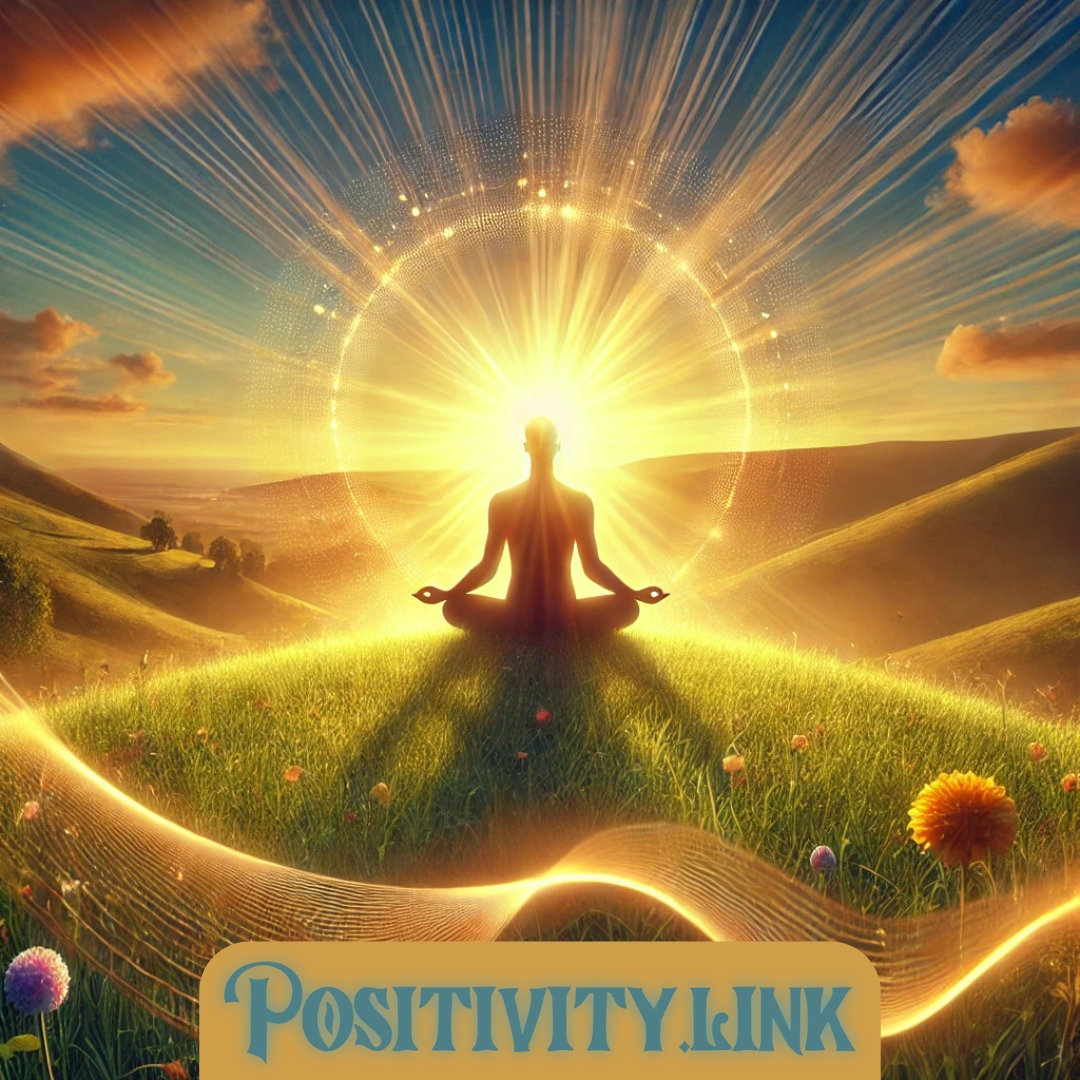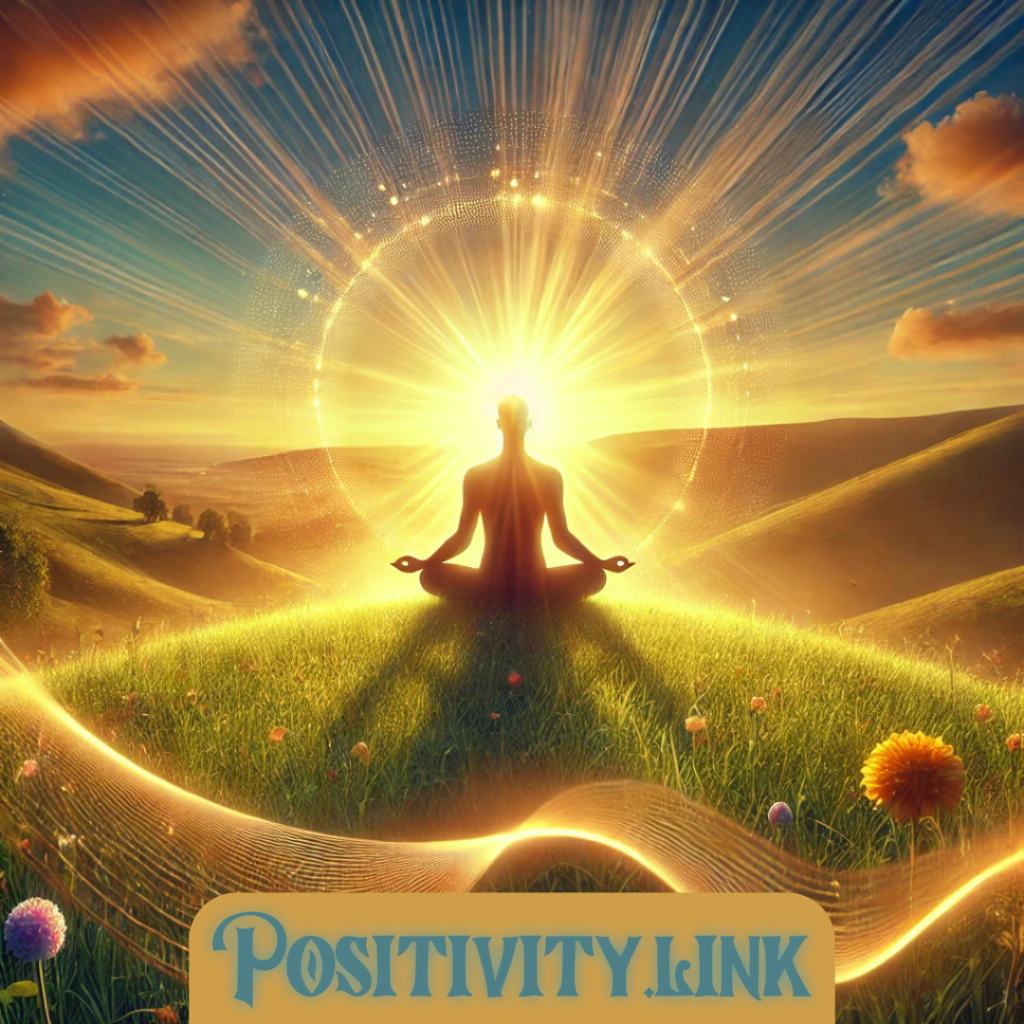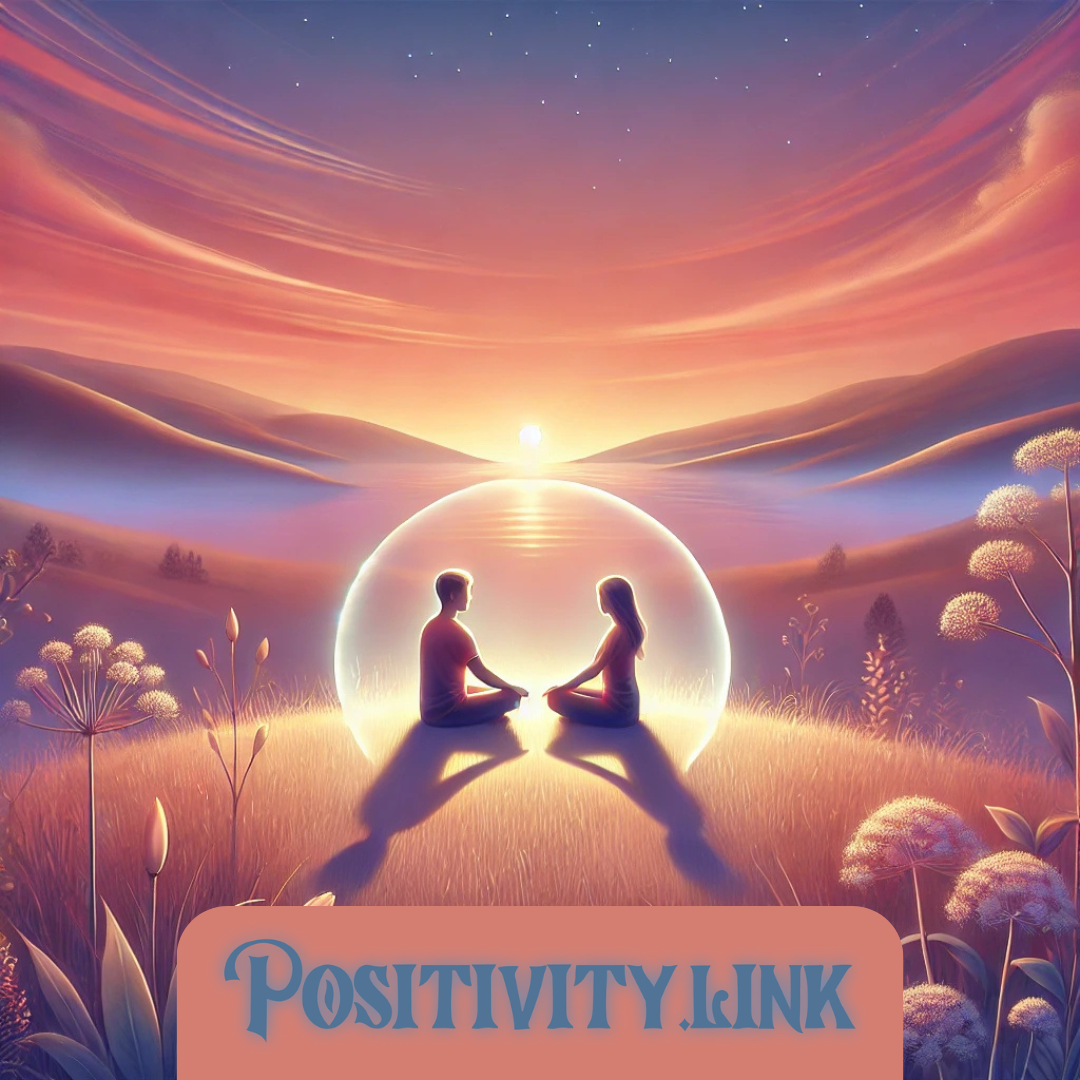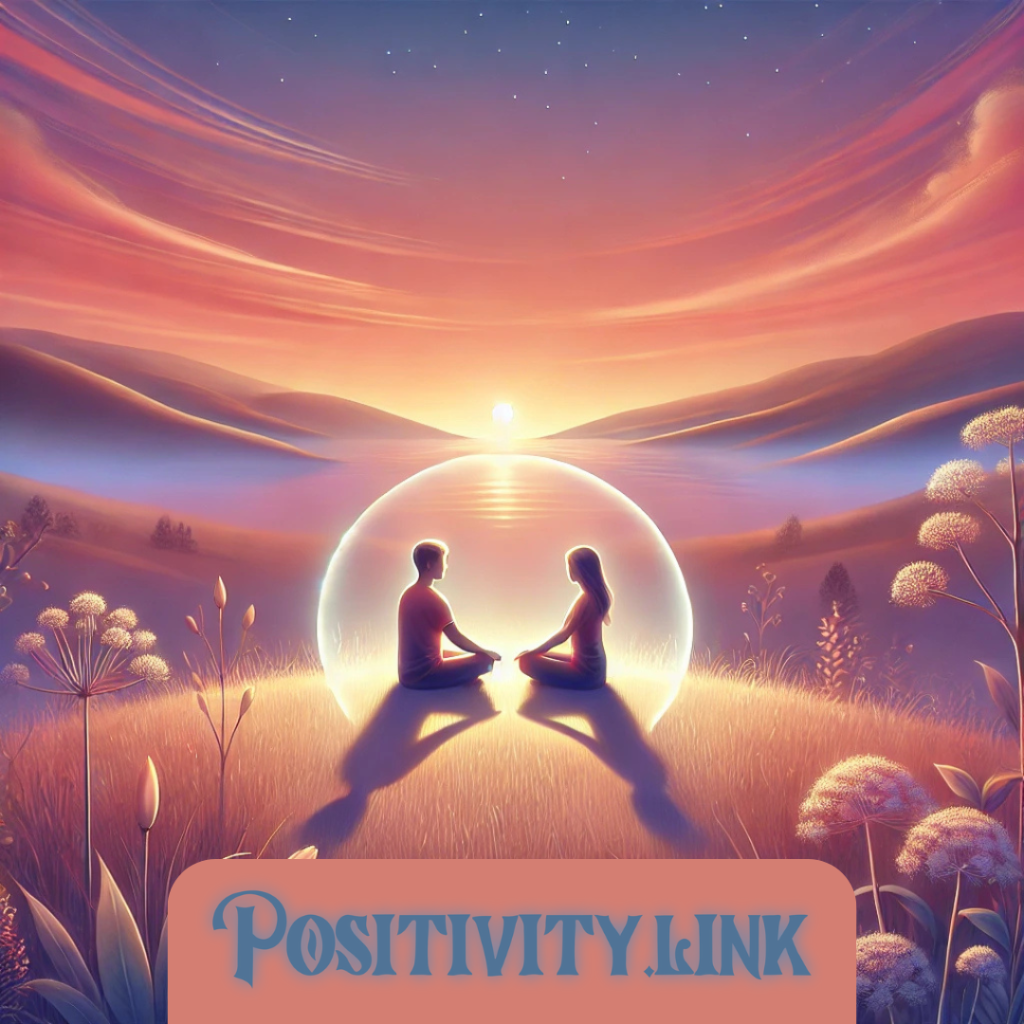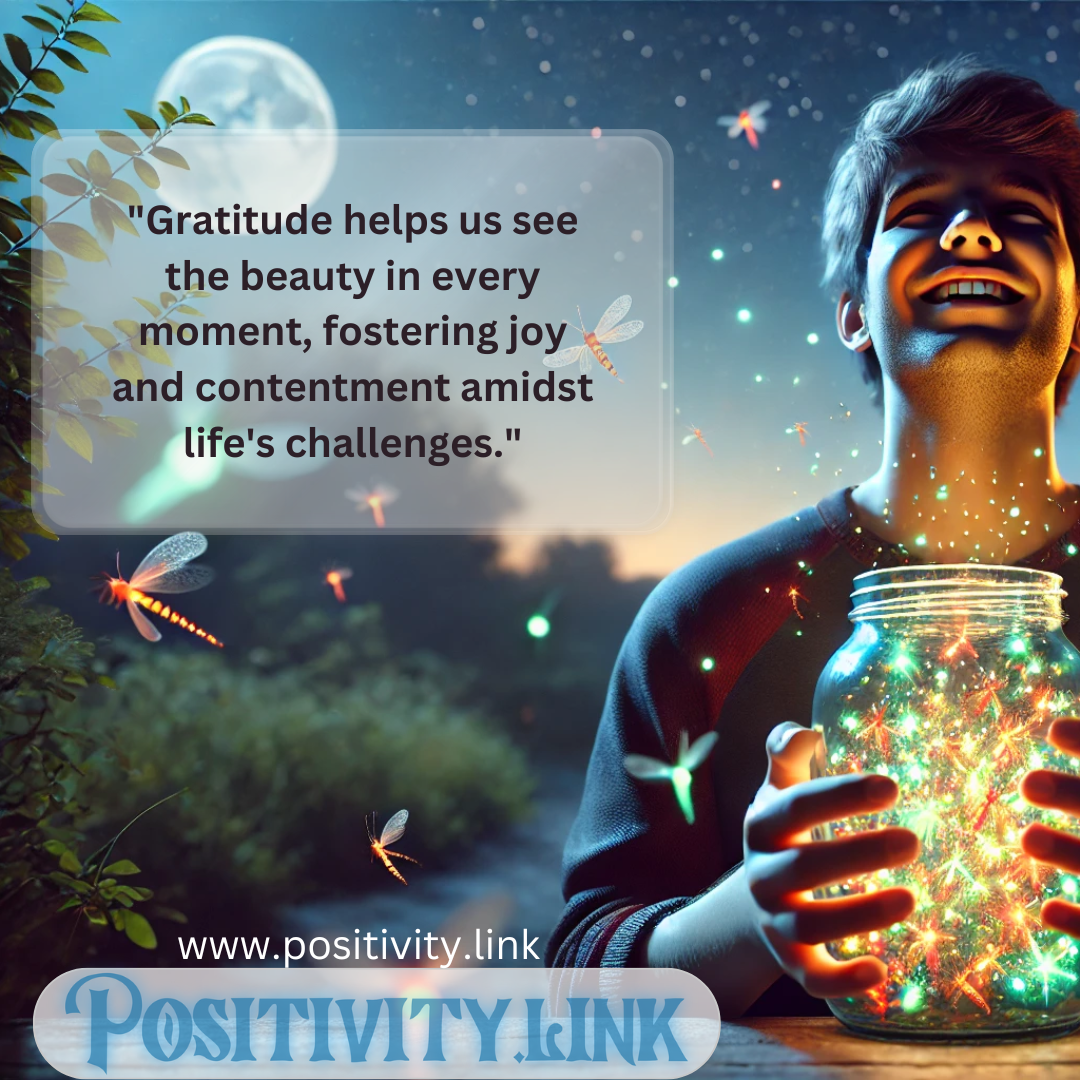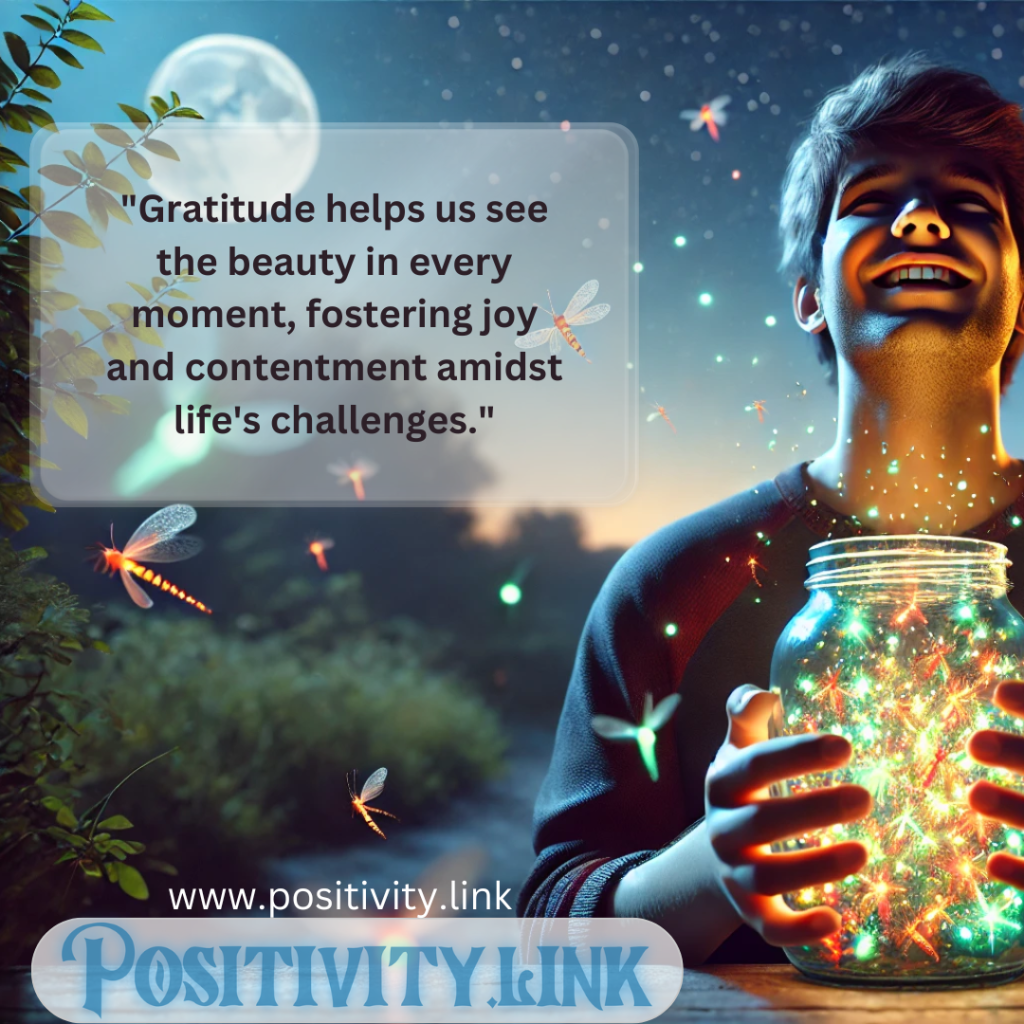Life moves quickly. Deadlines pile up, responsibilities pull us in every direction, and before we know it, we’re running on autopilot. In the middle of this chaos, mindful movement offers an anchor, a way to return to the present, to breathe deeply, and to reconnect with ourselves. Yoga and meditation are more than just practices; they are pathways to a more balanced and centered way of being.

Yoga: A Dance Between Breath and Motion
Yoga is often seen as a physical discipline, but its true essence extends far beyond stretching and poses. It is a form of moving meditation, where each breath guides the body into harmony, easing tension and unlocking hidden reserves of strength. With every asana, we cultivate awareness, learning to listen to the subtle messages of our bodies.
Imagine stepping onto your mat after a long day. As you begin to flow through poses, your thoughts slow, your breath deepens, and your focus shifts inward. The worries of the day fade as each movement becomes intentional. This is mindfulness in action, the practice of being fully present in your body, moment by moment.
Mindful Yoga Practices to Try:
- Grounding Poses: Mountain Pose (Tadasana) or Tree Pose (Vrksasana) help establish a sense of stability and presence.
- Breath-Synchronized Flow: Moving through Sun Salutations with slow, intentional breathing creates a meditative rhythm.
- Body Awareness Exercises: Pausing in each pose to check in with how your body feels builds a stronger mind-body connection.
By approaching yoga with mindfulness, we shift from doing yoga to experiencing it, allowing it to be a journey, not just a routine.
Meditation: A Pathway to Inner Stillness
While yoga connects us to our physical selves, meditation opens the doorway to mental clarity. It teaches us to sit with our thoughts without becoming lost in them, to observe emotions without letting them take over. In a world filled with noise, meditation is an invitation to pause, breathe, and listen to the quiet spaces within.
At first, meditation may feel challenging. The mind wanders, distractions arise, and sitting in stillness can feel unnatural. But with time, it becomes a refuge, a place where inner peace is not something to chase, but something we uncover within ourselves.
Simple Ways to Begin a Meditation Practice:
- Breath Awareness: Close your eyes and focus on your breath. Notice how it feels as it moves in and out, anchoring yourself in the present.
- Body Scan Meditation: Shift your awareness through different parts of your body, noticing sensations and tension without judgment.
- Mantra Meditation: Repeat a calming word or phrase, such as peace or I am present, to center your focus.
- Walking Meditation: Instead of sitting, take slow, mindful steps, paying attention to each movement and breath.
Meditation isn’t about emptying the mind, it’s about learning to observe it with curiosity and compassion.
Bringing Yoga and Meditation into Daily Life
Mindfulness doesn’t have to be confined to a yoga class or a meditation session. It can be woven into daily life in simple ways:
- Taking a deep breath before answering a stressful email.
- Noticing the way your feet feel against the ground as you walk.
- Savoring a meal slowly, fully experiencing each bite.
- Listening to a loved one with complete attention, without thinking about what to say next.
By integrating small moments of mindfulness into our routines, we create a life that feels less rushed and more intentional.
The Ripple Effect of Mindful Living
Your dedication to yoga and meditation is not just a personal journey, it is an inspiration to those around you. Every time you choose to move with awareness or sit in quiet reflection, you encourage others to do the same. In a world that often glorifies busyness, your presence is a reminder to slow down, breathe, and truly live.
If you’re looking for a community where mindfulness is celebrated and shared, join the Mindfulness and Meditation group. Here, seekers of peace, clarity, and self-discovery come together to support one another on this journey: Mindfulness and Meditation.
May your practice bring you strength, serenity, and a deeper connection to the beauty of each moment. 🌿✨




